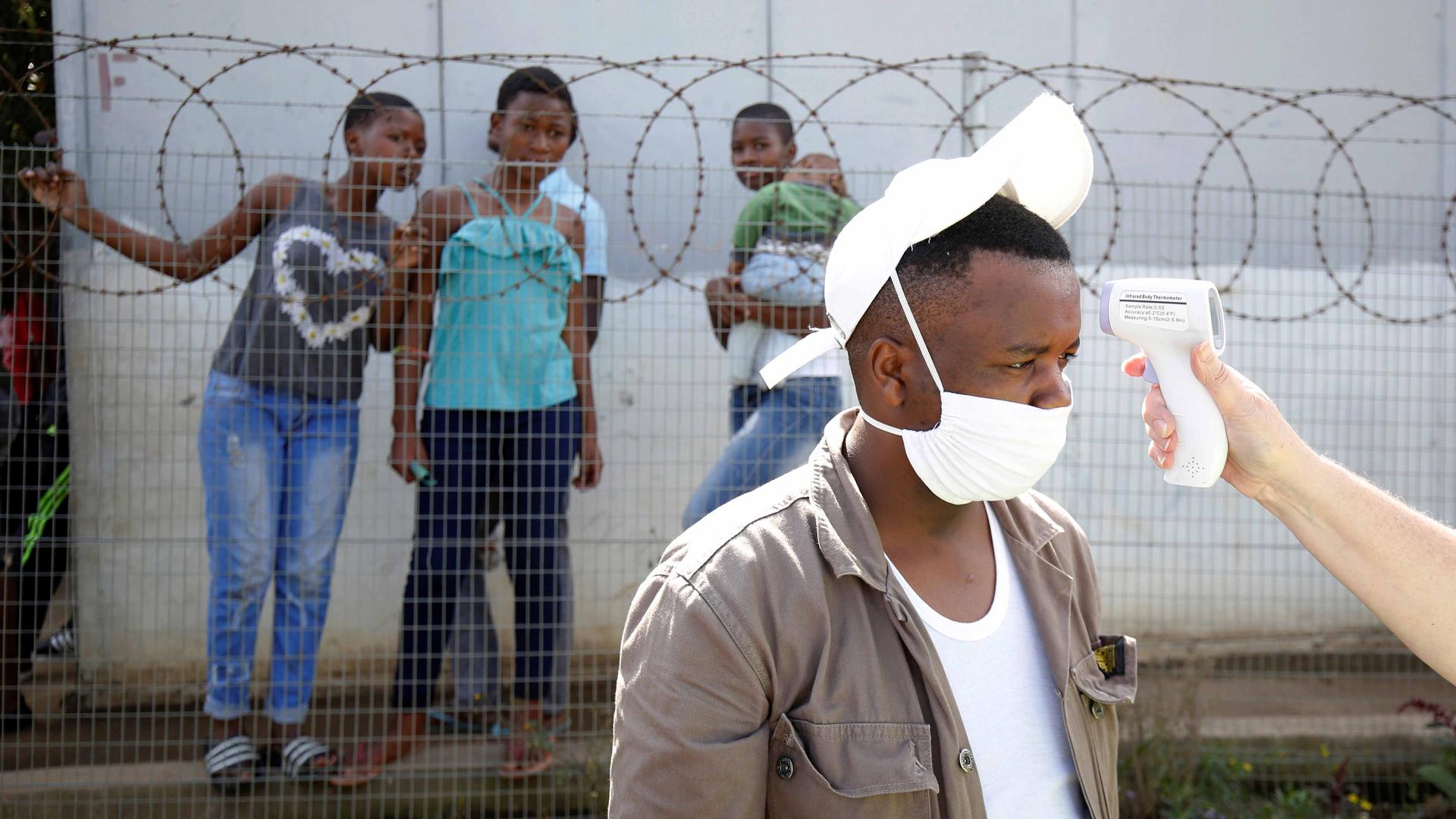While African countries were among the last to be hit by the novel coronavirus, the pandemic is already taking a toll on economies. Policymakers and economists are proposing all kinds of solutions to stave off a catastrophe, including large-scale debt relief.
Few industries on the continent have been spared by the epidemic. The region is projected to experience its first recession in 25 years, according to a new report by the World Bank on the economic impact of COVID-19 on African economies.
“The countries that are more dependent on tourism are taking a big hit,” said César Calderón, a lead economist at the World Bank who co-authored the report. “You can think about Botswana or Kenya, Mauritius, South Africa.”
While Africa has some of the fastest-growing economies on the planet, they face unique challenges due to the pandemic.
“In the case of Africa, of course, there’s the challenge of the informal sector being the main source of employment.”
“In the case of Africa, of course, there’s the challenge of the informal sector being the main source of employment,” Calderón said. The International Labour Organization estimates Africa’s informal sector accounts for more than 85% of overall employment.
According to Calderón, policymakers should prioritize assisting those workers who will no longer be earning, as well as supporting the micro-, small- and medium-sized businesses that represent the majority of businesses in most African countries.
Related: Trump’s WHO funding cut harms ‘fragile’ health systems, says organization’s Africa head
Policymakers across the continent have already jumped into emergency mode, expanding cash transfer programs, lowering the costs of mobile payments and slashing bank interest rates.
Still, these types of relief efforts take massive fiscal resources.
“The region is not in the same position that it was in 2008,” Calderón said. “Many countries in the region had a healthy fiscal balance, they had higher growth rates, they were enjoying this period of growth [of] about 5%.”
The continent’s strongest economies have been hampered in recent years by low commodity prices, slowing growth rates and ballooning debt — meaning even the most ambitious relief measures could be constrained by the reality of low liquidity.
That dilemma has led many to argue that African countries, among others, require major financial resources to stop the spread of coronavirus.
Related: In Senegal, COVID-19 safety measures conflict with cultural traditions
“We can not afford fiscal distancing,” said Akinwumi Adesina, president of the African Development Bank, during a press conference last week. “We must move rapidly and aggressively to give Africa maximum support to contain this epidemic,” he continued.
As part of that effort, the African Development Bank has committed $10 billion to African countries’ emergency response and deferred debt payments for the private sector.
Still, Adesina argued, these types of debt deferments should extend to countries as well.
“It’s time for all of us to work together globally to reprofile debt payments for African countries,” he said.
Related: What the US can learn from West Africa to slow the spread of coronavirus
This month, the African Union appointed special envoys to help mobilize economic support from the international community.
Calls for large-scale debt service or debt relief have grown from outside of the continent as well. During a national address Monday, French President Emmanuel Macron said the world should “help them economically by massively canceling their debts.”
Earlier this week, the International Monetary Fund announced it would pay the debt for 25 countries for next six months, helping them free up money for their emergency responses.
Days later, G20 countries agreed to freeze bilateral debt service payments for some of the world’s poorest countries.
